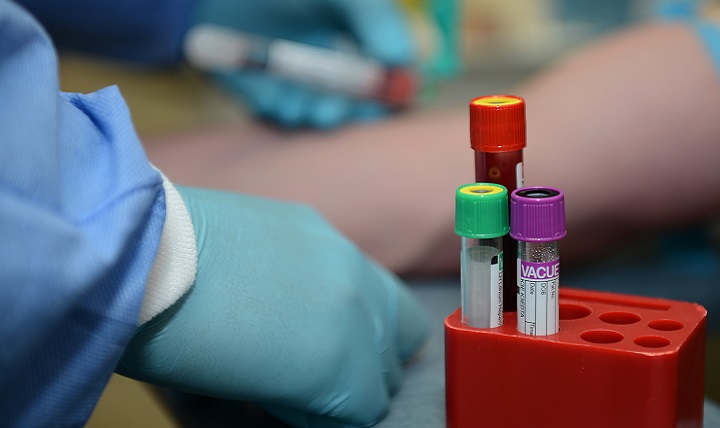News
New blood test could largely replace the use of CT scans after concussion

A “typical” concussion is a mild injury that resolves within a week or two. However, distinguishing between a mild concussion or more severe traumatic brain injury with severe complications is often more difficult than you might think.
Most medical professionals have to rely on a series of subjective tests to rule out complications like intracranial bleeding or contusion, before resorting to CT scanning to monitor the brain. Unfortunately, this means a large number of people with mild concussions are subjected to unnecessary CT scans.
Now, researchers say they have developed a high sensitivity blood test capable of ruling out severe TBI complications before CT scanning, eliminating the need for costly scans in up to a third of TBI patients.
In the latest study, the blood test was administered to almost 2,000 individuals within 12 hours of a suspected brain injury and evaluates levels of two specific biomarkers released into the bloodstream in the wake of a brain injury.
According to the report published in The Lancet Neurology, the test was able to identify those without traumatic intracranial injury on head scans with 99.6% accuracy. Based on this, the blood test could largely replace the use of CT scans for identifying or ruling out brain injury complications. Instead, CT scans would only be needed for evaluating and tracking these complications to inform treatment plans.
“Based on the results of this multicentre study, routine use of the new biomarker test in emergency departments could reduce head CT scans by a third in acutely head injured patients thought to be in need of CT scanning, avoiding unnecessary CT-associated costs and radiation exposure, with a very low false-negative rate”, said study co-author Dr. Jeffrey Bazarian, from the University of Rochester School of Medicine in Rochester, New York.
Earlier this year, the US Food and Drug Administration approved the commercial use of the blood test based on early, unpublished results from the study. This makes it the first clinically approved TBI blood test in the US.



